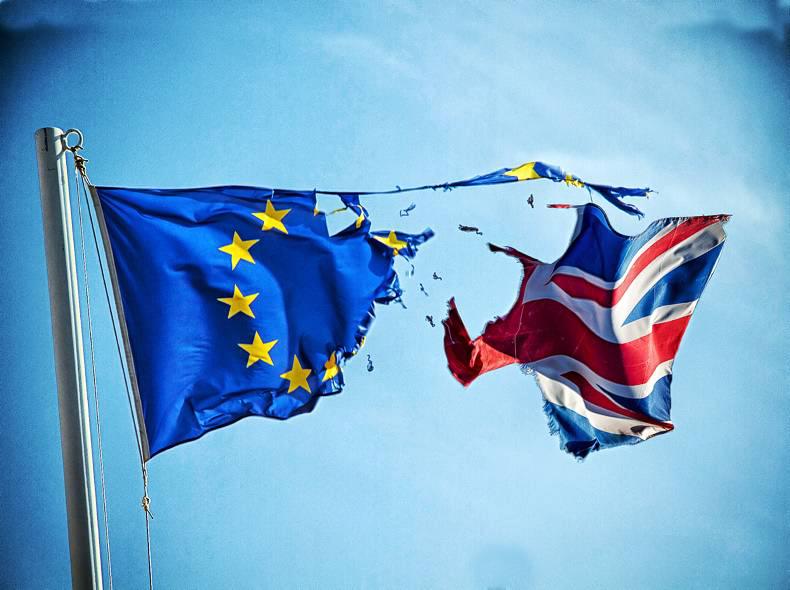Agriculture not a priority in event of Brexit
Northern Ireland’s ability as a relatively small part of the UK to play a role in negotiations for a post-Brexit trade deal between the UK and the EU could have ramifications for some industries here, according to a report by the House of Commons NI Affairs Committee.
When giving evidence to MPs, Professor Neil Gibson from the University of Ulster said that industries such as the financial services sector may receive priority in withdrawal negotiations over industries that are more important to NI, such as agriculture. However, the final report by MPs acknowledges that the UK would be in a good position to agree a trade deal with the EU following Brexit: “The UK has a trade deficit of £68bn with the EU so there is clearly scope for a mutually beneficial agreement,” states the report.
However, it is thought that remaining member states may be keen to restrict imports of some products such as dairy, due to already oversupplied markets. The report also points out the difference in the profile of the agricultural industry in NI compared with the rest of the UK with dairy and beef accounting for 50% of total agricultural output in NI but only 28% in the UK.
While tariffs on EU imports to the UK could increase trade within the UK, the committee described the inclusion of dairy products in any EU trade agreement as “imperative for Northern Ireland’s interests” with over 40% of NI milk and dairy product sales currently going to the EU.
The report also points out that if products are not included in a trade deal, they would have to be traded under Most Favoured Nation (MFN) criteria. Currently, the EU average MFN tariff for meat and dairy products are 17.7% and 42.1%, respectively.
In terms of trade with the Republic of Ireland, the MPs conclude that the south cannot negotiate a trade deal with the UK independently of other member states. The report describes the Republic as a “significant market” for NI agricultural sales, accounting for 57.4% of sales to the EU, or 15.6% of total sales.
The committee recognises the importance of direct payments under CAP for farm incomes in NI and recommends that agricultural support “should be high on the agenda” for the UK Government and the NI Executive in the event of a vote to leave the EU. However, the report points out: “Successive UK governments have argued for significant further reductions in Pillar I support, which has been regarded as market distorting.”
If support is forthcoming in the event of a Brexit, it will be a policy for the NI Executive, but limited to the level of funding made available from the UK government.
Venue change for Brexit meeting
The NI Agricultural Producers’ Association (NIAPA) and Farmers For Action (FFA) have been forced to change the venue for their EU referendum debate after being informed by CAFRE Greenmount that government bodies are not allowed to facilitate this type of event.
The new venue for the meeting is now the Dunsilly Hotel, Antrim, on 10 June at 2pm. Speaking at the event will be NI’s three MEPs. All are welcome to attend.






 This is a subscriber-only article
This is a subscriber-only article









SHARING OPTIONS: